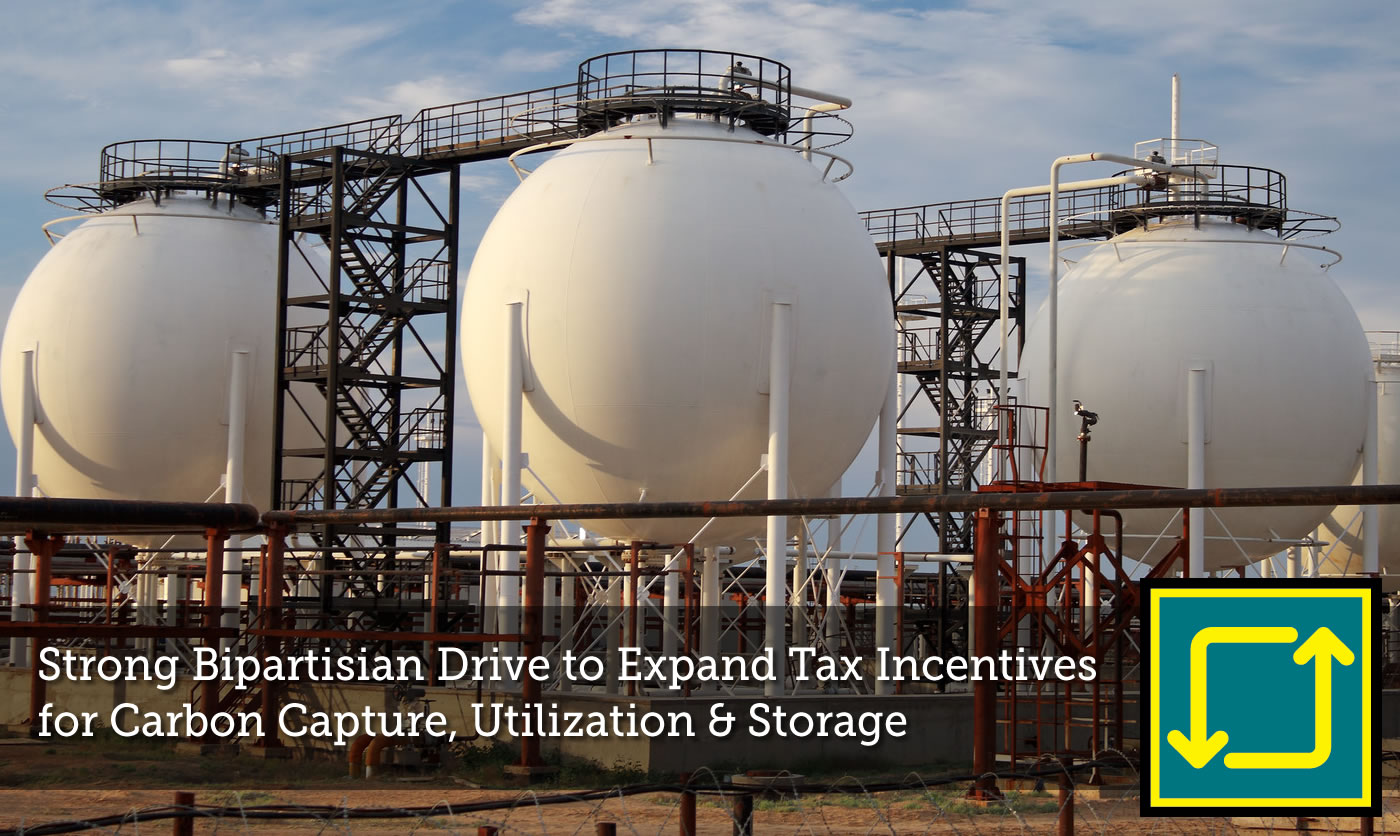Carbon Capture Utilization and Storage Tax Credit Amendments Act could spur clean energy innovation and reduce greenhouse gases.
The bipartisian legislation combines two priorities, the extension window for projects to begin construction and qualify for the 45Q tax credit to the end of 2030 and a direct pay option for the 45Q tax credits.
This extension window would provide project developers and investors the financial certainty and time horizon needed to complete current projects and launch many new ones to begin scaling up carbon capture, direct air capture and carbon utilization technologies to meet midcentury climate goals.
The direct pay option for the 45Q and 48A tax credits would allow recipients to receive the full value of the credits as an estimated payment on their tax return allowing companies to secure the private investment needed to finance projects, while avoiding the wasteful inefficiencies and added cost of tax equity transactions that constrain the very innovation that these tax credits aim to incentivize.
“To achieve the full potential of carbon capture to support domestic energy and industrial production, protect and create jobs that pay family-sustaining wages, and achieve net-zero emissions by midcentury, we need a suite of federal policies that enhance and build on the federal Section 45Q tax credit,” said Coalition Director Brad Crabtree. “The Carbon Capture, Utilization, and Storage Tax Credit Amendments Act helps meet this urgent need.”
Read the bill here.
The bipartisan Coordinated Action to Capture Harmful Emissions Act (CATCH) would amend the 45Q tax credit for carbon capture projects by increasing credit values for power plants and allowing all facilities to qualify for such tax benefits. CATCH would provide industrial facilities and power plants $85/t of captured carbon permanently stored in saline geologic formations and $60/t for companies that store the gas after using it to extract fuel from oil and natural gas fields.
“The introduction of the CATCH Act rounds out the portfolio of carbon management provisions included in broadly bipartisan legislation already introduced in this Congress, which together encompass the broader suite of federal policies needed to realize economywide deployment of carbon capture and removal technologies on the scale necessary to meet midcentury climate goals,” said Coalition Director Brad Crabtree.
"The 45Q tax credit is the single most useful tool in spurring the development of carbon capture projects," Rep. David McKinley said. "This bill will lead to more projects and more widespread adoption, which is critical to reduce emissions and preserve the future of coal and natural gas."
Read the bill here.

